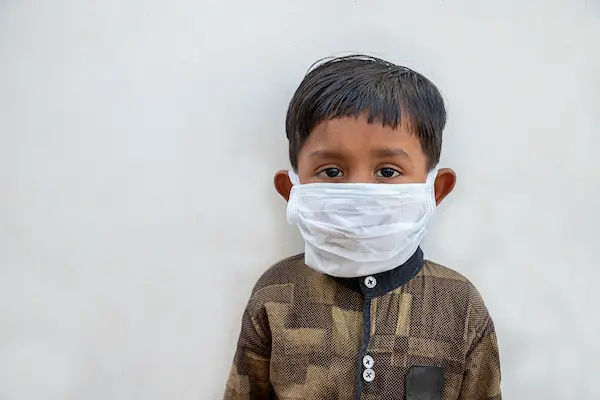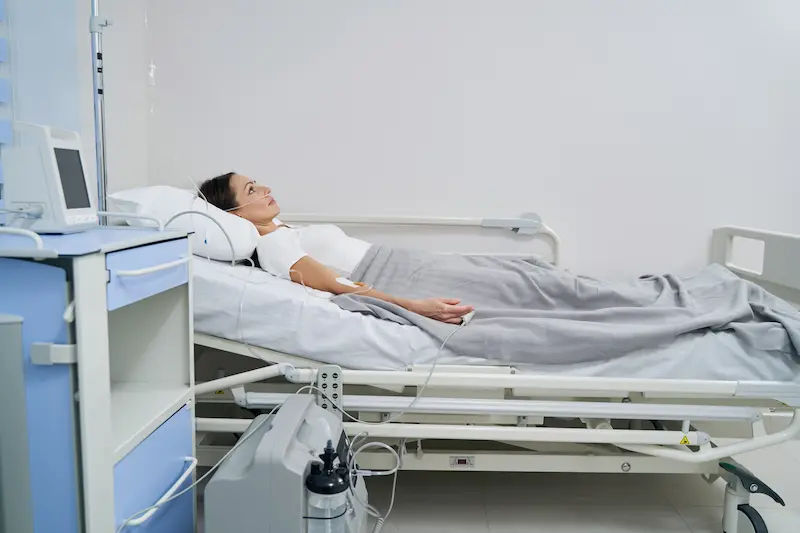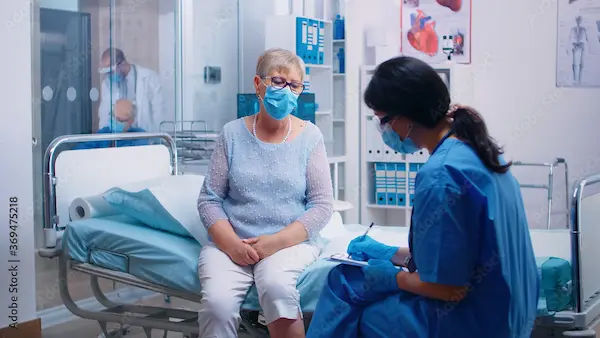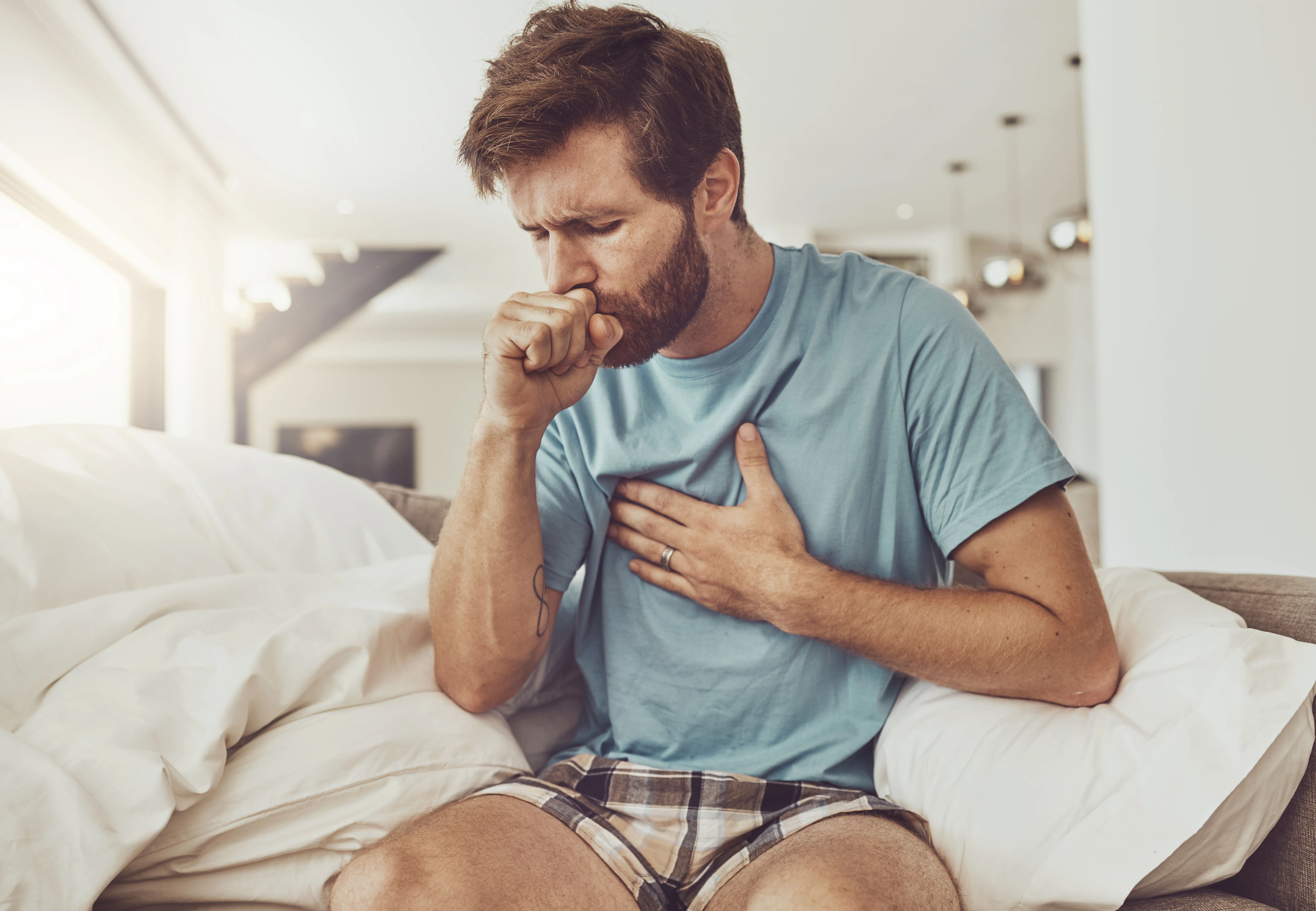10 Essential Ways to Keep Your Home Clean and Coronavirus-Free
Keep your home safe and virus-free with these 10 essential cleaning and disinfecting tips. Learn science-backed strategies to protect your household from coronavirus.

Written by Dr. Dhankecha Mayank Dineshbhai
Reviewed by Dr. Mohammed Kamran MBBS, FIDM
Last updated on 13th Jan, 2026
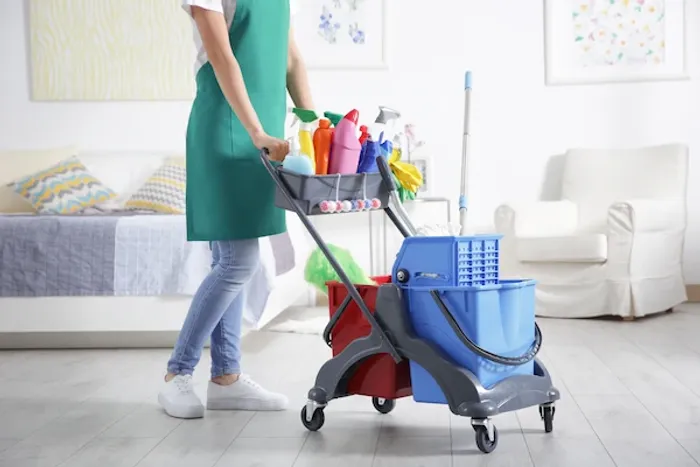
Introduction
The COVID-19 pandemic has fundamentally changed our relationship with our homes. What was once solely a place of rest and family time is now also an office, a school, and our primary sanctuary from the virus outside. In this new reality, maintaining a clean and disinfected living space isn't just about tidiness; it's a crucial pillar of public health and personal peace of mind. The coronavirus, primarily spread through respiratory droplets, can also linger on surfaces for hours or even days, creating a potential transmission risk. This article will serve as your comprehensive guide to transforming your home into a safer haven. We'll break down the science-backed strategies, from understanding the difference between cleaning and disinfecting to creating a practical, room-by-room action plan. By adopting these essential habits, you can significantly reduce the risk of surface-based transmission and protect your household's health.
Understanding the Enemy: How Coronavirus Spreads on Surfaces
SARS-CoV-2, the virus that causes COVID-19, is most commonly transmitted through close person-to-person contact via respiratory droplets produced when an infected person coughs, sneezes, or talks. However, these droplets can land on objects and surfaces around the person. The concept of transmission via contaminated surfaces is known as "fomite transmission." Studies early in the pandemic, such as one published in The New England Journal of Medicine, found that the virus could remain detectable on plastic and stainless steel for up to 72 hours, on cardboard for up to 24 hours, and on copper for about 4 hours. While the CDC notes that the risk of infection from touching a surface is now considered lower than airborne transmission, it remains a valid concern, especially in households with high-risk individuals. This understanding underscores why a consistent coronavirus cleaning schedule is a key defensive measure.
Consult a General Physician for the best advice
Clean vs. Disinfect: The Critical Difference You Must Know
Many people use these terms interchangeably, but in the context of infection control, they refer to two distinct—and both essential—processes.
What is Cleaning?
Cleaning refers to the physical removal of germs, dirt, and impurities from surfaces. It does not necessarily kill germs but lowers their numbers and the risk of spreading infection. This is typically done with soap (or detergent) and water. The action of scrubbing with soap is highly effective because the soap's molecules disrupt the fatty lipid membrane of the coronavirus, rendering it inactive.
What is Disinfecting?
Disinfecting refers to using chemicals, specifically EPA-approved disinfectants, to kill germs on surfaces. This process does not necessarily clean dirty surfaces or remove germs, but by killing germs on a surface after cleaning, it can further lower the risk of spreading infection. Disinfecting is the targeted strike that eliminates pathogens that cleaning may have missed.
The Two-Step Process for Maximum Protection
For areas that are both dirty and high-risk (like a kitchen counter after preparing food), the most effective method is a two-step approach: first, clean the surface with soap and water to remove grime and a large portion of the germs. Then, apply an appropriate disinfectant to kill any remaining pathogens. This one-two punch offers the highest level of protection for your healthy home.
Your Arsenal Against the Virus: Choosing the Right Products
Not all cleaning products are created equal when it comes to combating a resilient virus like SARS-CoV-2.
EPA-Listed Disinfectants: The Gold Standard
The U.S. Environmental Protection Agency (EPA) maintains a list known as "List N" of disinfectants proven to be effective against SARS-CoV-2. When shopping for a homemade disinfectant spray alternative, look for products with active ingredients like sodium hypochlorite (bleach), ethanol (ethyl alcohol), or hydrogen peroxide. Common brands found on this list include Lysol, Clorox, and Purell products. Always follow the instructions on the label regarding contact time—the surface needs to remain wet for a specific duration (often several minutes) to be effective.
DIY Disinfectant Solutions (Bleach and Alcohol)
If commercial disinfectants are in short supply, you can make your own effective solutions.
- Bleach Solution: The CDC recommends a diluted household bleach solution. Mix 5 tablespoons (1/3 cup) of bleach per gallon of water, or 4 teaspoons of bleach per quart of water. Ensure the bleach is EPA-approved and not past its expiration date. Is bleach effective against coronavirus? Yes, when used correctly, it is highly effective.
- Alcohol Solution: Ensure the solution has at least 70% alcohol. This can be used for small items or surfaces where bleach would cause damage.
Safety First: Proper Handling and Ventilation
Never mix bleach with ammonia or any other cleanser, as this can create toxic gas. Always wear gloves and ensure the area is well-ventilated when using strong disinfectants. Store all chemicals out of reach of children and pets.
The High-Touch Surface Hit List: A Room-by-Room Guide
Focus your energy where it matters most. Cleaning high-touch surfaces regularly is more impactful than deep-cleaning rarely touched areas.
Kitchen and Dining Area
This is a hotspot for germs due to food preparation.
- Countertops, faucets, and refrigerator handles: Clean and disinfect multiple times a day, especially after handling groceries or cooking.
- Dining table and chair backs: Wipe down before and after every meal.
Living Room and Common Areas
These shared spaces see constant traffic.
- Light switches, remote controls, and game controllers: These are classic fomites. Wipe them down with disinfectant wipes or a cloth dampened with 70% alcohol at least once a day.
- Door knobs and staircase railings: Disinfect these several times a day, as they are touched by everyone entering a room or moving between floors.
Bathrooms
Given their function, bathrooms require diligent disinfection. Focus on toilet handles, faucets, countertops, and doorknobs.
Home Office and Electronics
Don’t forget to clean your home office gadgets—they collect a lot of germs:
- Smartphones, tablets, and keyboards: Our devices are extensions of our hands. Unplug devices and use a 70% alcohol wipe or spray to gently clean screens and surfaces. Avoid excessive moisture.
Don't Forget the Soft Stuff: Laundry and Linens
Clothes, towels, and bed linens can harbor the virus. Use the warmest appropriate water setting and dry items completely. Wear disposable gloves when handling laundry from a sick person, and wash your hands immediately after. There is no need to wash clean laundry from healthy household members more frequently than usual.
Groceries, Packages, and Mail: Handling the Outside World
While the risk from surfaces is lower, you can take precautions when handling groceries during the pandemic. There's no need to disinfect every single item. Instead, focus on the process: after unpacking groceries, discard the bags, and wash your hands thoroughly. You can wipe down plastic containers if it gives you peace of mind. For mail and packages, the risk is very low, but letting them sit for 24 hours or wiping down packages are low-effort precautions that can reduce anxiety.
Establishing a Sustainable Cleaning Routine
Consistency is key. Create a simple schedule. Perhaps high-touch surfaces get a quick wipe-down daily, while a more thorough cleaning of bathrooms and kitchens happens twice a week. A sustainable routine is better than an intense, infrequent purge that leads to burnout.
Conclusion
Keeping your home clean during the coronavirus era is a powerful act of care for yourself and your loved ones. By understanding how the virus spreads and implementing a strategic approach to cleaning and disinfecting, you can create a safer environment that reduces anxiety and promotes well-being. Remember, the goal is not to achieve a sterile laboratory but to consistently minimise risk through smart habits. Focus on the high-impact areas, use products correctly, and integrate these practices into a manageable routine. Your home is your castle; with these strategies, you can fortify it effectively. If you have specific health concerns or a member of your household has a compromised immune system, consulting a doctor online with Apollo24|7 can provide personalised advice tailored to your situation.
Consult a General Physician for the best advice
Consult a General Physician for the best advice

Dr. Chethan T L
General Physician/ Internal Medicine Specialist
5 Years • MBBS, MD, DNB (General Medicine)
Bengaluru
Apollo Medical Center, Marathahalli, Bengaluru

Dr. Rajib Ghose
General Physician/ Internal Medicine Specialist
25 Years • MBBS
East Midnapore
VIVEKANANDA SEBA SADAN, East Midnapore

Dr Vinay Kumar A V
Nephrologist
8 Years • MBBS, MD - General Medicine, DM - Nephrology
Bilaspur
Apollo Hospitals Seepat Road, Bilaspur

Dr. Hariprasath J
General Physician/ Internal Medicine Specialist
19 Years • MD (Gen Med), FCCP, Dip (Diabetology, UK)
Chennai
Apollo First Med Hospitals P H Road, Chennai
(225+ Patients)
Dr Prachi Sankhe
General Physician/ Internal Medicine Specialist
8 Years • MBBS, MD (Internal Medicine)
Mumbai
Apollo Hospitals CBD Belapur, Mumbai
Consult a General Physician for the best advice

Dr. Chethan T L
General Physician/ Internal Medicine Specialist
5 Years • MBBS, MD, DNB (General Medicine)
Bengaluru
Apollo Medical Center, Marathahalli, Bengaluru

Dr. Rajib Ghose
General Physician/ Internal Medicine Specialist
25 Years • MBBS
East Midnapore
VIVEKANANDA SEBA SADAN, East Midnapore

Dr Vinay Kumar A V
Nephrologist
8 Years • MBBS, MD - General Medicine, DM - Nephrology
Bilaspur
Apollo Hospitals Seepat Road, Bilaspur

Dr. Hariprasath J
General Physician/ Internal Medicine Specialist
19 Years • MD (Gen Med), FCCP, Dip (Diabetology, UK)
Chennai
Apollo First Med Hospitals P H Road, Chennai
(225+ Patients)
Dr Prachi Sankhe
General Physician/ Internal Medicine Specialist
8 Years • MBBS, MD (Internal Medicine)
Mumbai
Apollo Hospitals CBD Belapur, Mumbai
More articles from Covid
Frequently Asked Questions
How long does the coronavirus live on different surfaces?
Studies suggest it can live for up to 72 hours on plastic and stainless steel, up to 24 hours on cardboard, and a few hours on copper. However, the virus degrades over time, and the risk of infection from surfaces reduces significantly after 24-48 hours.
Can I use vinegar to disinfect surfaces against COVID-19?
No. While vinegar is a popular natural cleaner, it is not on the EPA’s List N and is not effective at killing the SARS-CoV-2 virus. You should use an EPA-approved disinfectant, a bleach solution, or an alcohol solution with at least 70% alcohol.
Is it safe to use a disinfectant spray on my food packages?
It is not recommended. Chemicals from disinfectants can contaminate food. Instead, the FDA and CDC advise that washing your hands with soap and water for 20 seconds after handling grocery store products is the best practice.
How often should I be cleaning my home if no one is sick?
A good rule of thumb is to clean high-touch surfaces daily (e.g., doorknobs, light switches, counters) and perform a more thorough cleaning of the entire home 1-2 times per week. Adjust frequency based on how much contact your household has with the outside world.
What should I do if someone in my house gets sick with COVID-19?
Isolate the sick person in a separate room if possible and have them use a separate bathroom. Wear gloves and a mask when cleaning their room and handling their laundry. Increase the frequency of disinfecting all high-touch surfaces in the home, especially in common areas.

